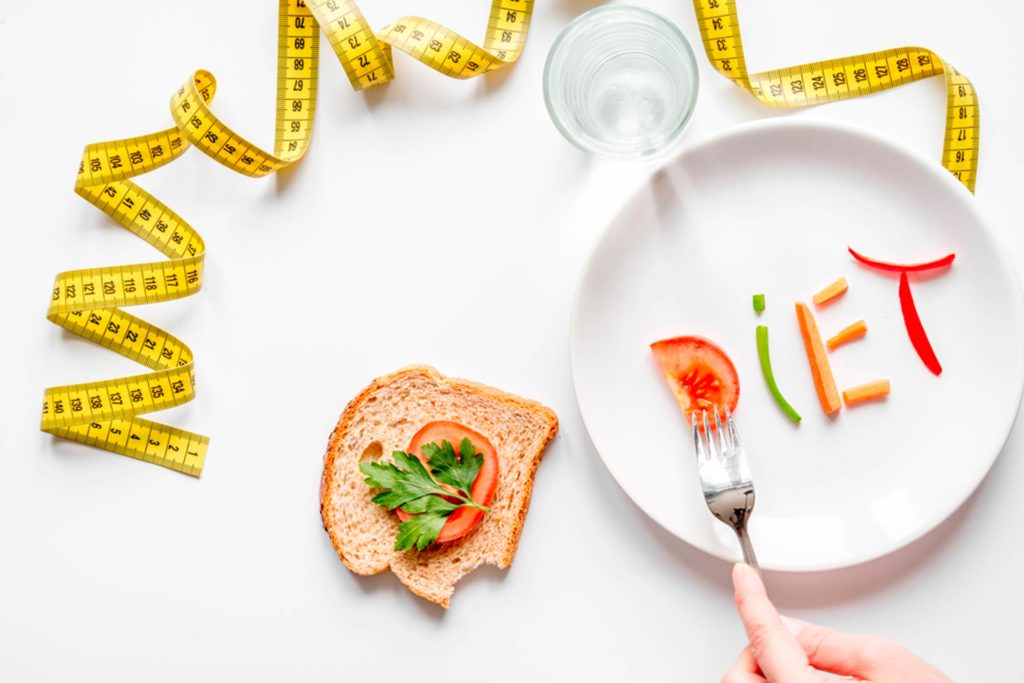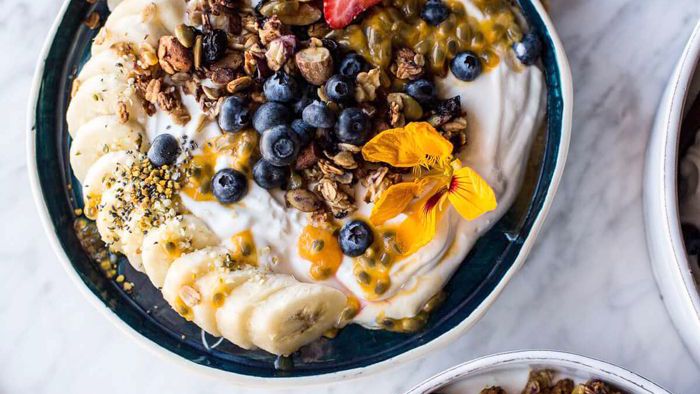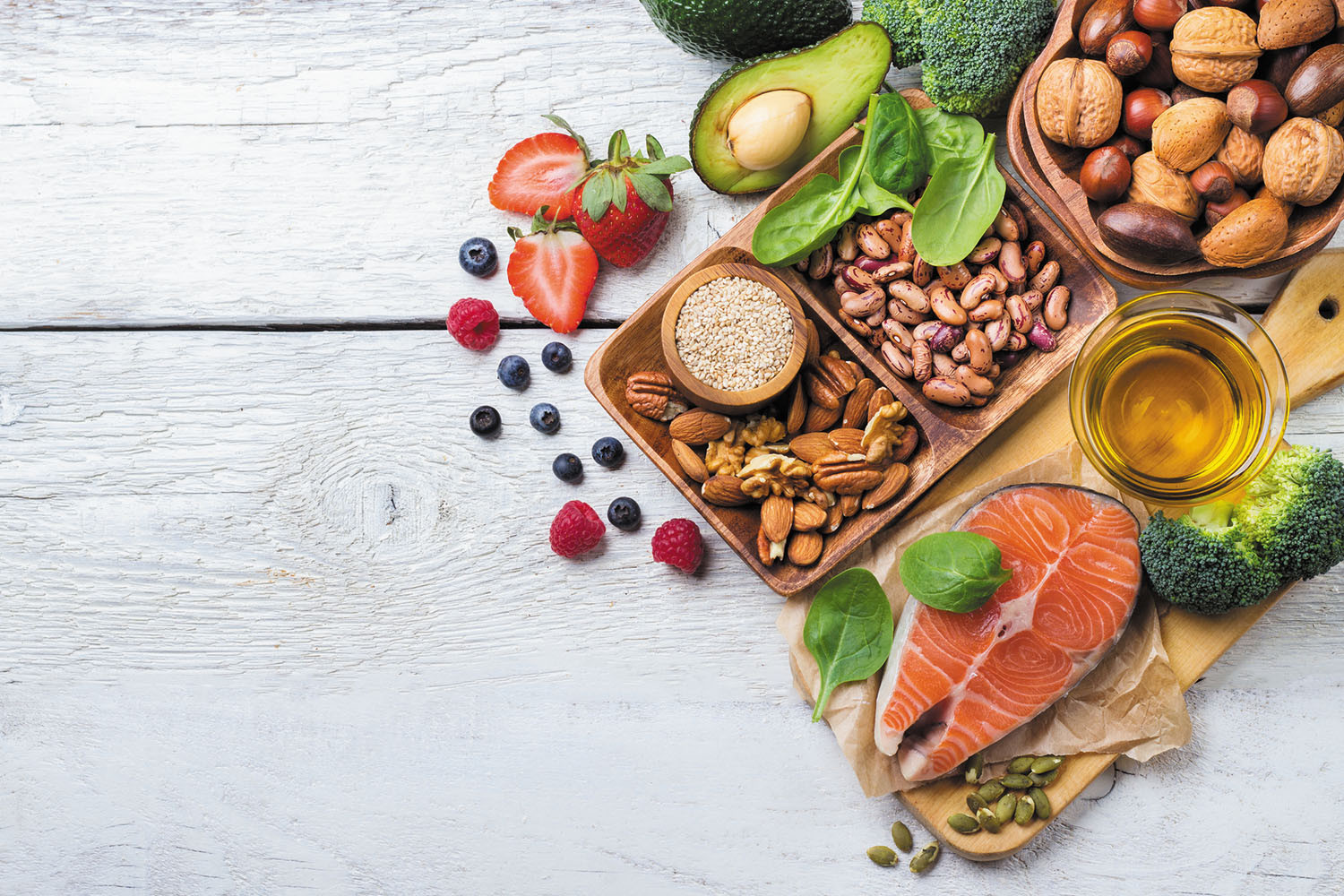Eating well isn’t about starving yourself or following extreme dietary fads. It’s about maintaining a sustainable, nourishing lifestyle that fuels your body and supports overall wellness. A balanced diet is the cornerstone of that philosophy, offering not only protection from malnutrition but also shielding against non-communicable diseases such as diabetes, heart disease, and certain cancers. Whether you're aiming to maintain your current health, recover from illness, or simply feel more energetic day to day, a balanced diet is your best ally.
- Home
- Diet
By now, the conversations about ditching meat in favor of plant-based foods have become more than just trendy—there's a compelling body of evidence behind them. Many health-conscious individuals, inspired by veganism or vegetarianism, find themselves transitioning to a diet free from animal-based foods. And with that shift often comes a noticeable improvement in several areas of health. Those who avoid meat altogether typically enjoy lower rates of chronic diseases such as heart disease, type 2 diabetes, hypertension, certain cancers (especially prostate and breast), and obesity. Though some benefits may also stem from lifestyle factors like exercise or reduced alcohol intake, the role of diet is significant and increasingly well-documented.
What to Eat During Pregnancy
Pregnancy is one of the most transformative stages in a woman’s life—both physically and emotionally. Along with the joy and anticipation of welcoming a new life comes a wide array of bodily changes, mood swings, energy fluctuations, and nutritional demands. One of the most critical responsibilities during this time is maintaining a well-balanced and nutrient-rich diet. What you consume during pregnancy doesn't just affect your health; it directly impacts the growth and development of your baby. This is why following a structured and well-thought-out pregnancy diet chart becomes essential.
We’ve all made that silent promise to ourselves: “Today, I’ll eat clean.” And yet, somehow, that promise unravels by late afternoon with a pastry in one hand and a cappuccino in the other. Whether it’s the pressure of a hard day, the emotional pull of nostalgia, or simply the aroma of a warm chocolate chip cookie wafting by, our willpower tends to crumble in unexpected ways.
To better understand this cycle, we turned to some of the top experts in nutrition, psychology, and behavioral science. Their insights shed light on why so many of us consistently eat more than our bodies actually require—and more importantly, how we can gently take back control.
Cutting down on carbs doesn't have to mean sacrificing flavor, variety, or nutrition. In fact, when done right, a low-carb diet can feel more like a lifestyle upgrade than a restrictive regimen. Numerous studies now confirm that reducing carbohydrates—especially refined ones—can lead to impressive improvements in health. These include lower blood sugar levels, reduced triglycerides, and significantly higher HDL cholesterol, commonly referred to as the "good" kind.
The F-Factor Diet isn’t a passing trend—it’s a high-fiber, protein-forward lifestyle that promises weight management without deprivation. Unlike many restrictive or short-term “detox” programs, the F-Factor diet positions itself as a sustainable, nutrient-dense eating style built around real, everyday foods. The “F” doesn’t stand for fad—it stands for fiber, the unsung hero of healthy digestion, blood sugar regulation, and long-term satiety.
Today's Most popular
Good Secrets For Good Health
12 December 2022 - 1923 Views10 Simple Shifts for Better Eating Without Dieting
Why Omega-3 Fatty Acids Are Vital for Your Body and Brain
Wanna Perfect Skin? This Is How You Get It
How to Stop Hair Loss and Boost Regrowth
Why Sex Is Good for You (According to Science)
Editors' Pick
Why Omega-3 Fatty Acids Are Vital for Your Body and Brain
28 December 2022 - 2150 ViewsHow to Stop Hair Loss and Boost Regrowth
05 January 2023 - 3818 ViewsMedical Conditions That Can Lead to Unintentional Weight Loss
03 August 2023 - 2552 Views
At SuperPerfectBody.com, you’ll find everything you need to achieve a healthier, stronger, and more energized body. From personalized diet plans for men and women, effective fitness routines, and weight loss strategies, to full-body transformation guides, workout tips, nutrition advice, and expert insights into building lasting health and wellness habits...















